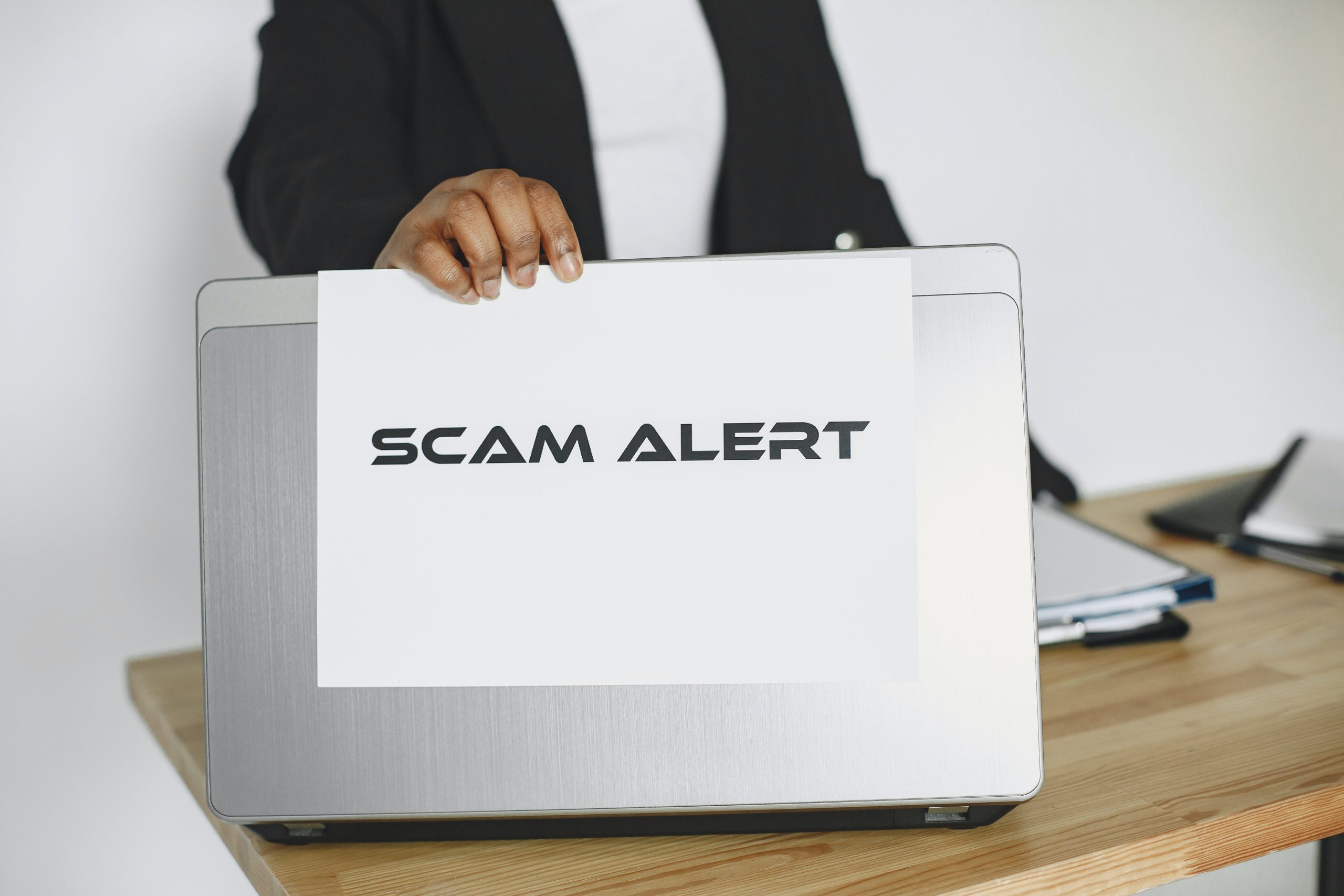
Most potential tenants looking for a rental property start with an online search. Though technology proves convenient for both renters and landlords, it provides opportunities for scammers. Con artists targeting the rental market typically post phony listings to steal money and sensitive information from interested tenants. Only after tenants have paid a hefty deposit will they discover the property either doesn’t exist or doesn’t belong to the fake landlord. So, how can you avoid these scams? Read on for red flags to watch for and tips for ensuring a rental listing is legitimate.
Rental Listing Red Flags
The landlord refuses to allow you to see the unit. Even if they’re busy or traveling, a legitimate landlord should arrange for access to show you the property or give you a digital walkthrough.
They request a large amount of money before a lease is signed. Even in a competitive market, potential renters should never pay more than a modest application fee to cover the cost of background checks.
The landlord requests cash or wire transfer payments. If they’re reluctant to use traceable or stoppable payment methods, they may disappear once they receive your payment.
The listing is vague or contains multiple errors. A legitimate landlord will create a professional listing. A vague or inconsistent description could indicate the writer has never actually seen the property.
The rental price is surprisingly low. Everyone loves a good deal. Unfortunately, a price significantly lower than comparable units in the area could reveal a bait-and-switch scheme or a problem with the property.
The landlord doesn’t screen potential tenants. Since property owners want timely, responsible tenants, omitting an initial screening could mean they don’t really intend to rent the property.
Tips for Avoiding Scams
Insist on an in-person (or virtual) meeting and tour. Seeing the property first-hand is a good way to verify that the listing is likely accurate. Plus, it ensures the unit will be a great fit.
Do your research. A quick online search will reveal whether the landlord’s name relates to any past scams. If the property’s address brings up multiple listings with different contact information or the exterior doesn’t match the provided photos, be suspicious.
If something feels off, trust your gut. A landlord who rushes your move-in or asks you to sign an incomplete lease won’t create the open, respectful situation you want.
Victims of rental scams should contact local authorities, the listing website, the Federal Trade Commission, and the Internet Crime Complaint Center. By doing so, they will prevent the scammer from producing more fraudulent listings. Using these tips, you’ll spot and avoid scams instead of settling for a unit with an untrustworthy landlord.
About Rentals America
Rentals America provides full-service property management for residential rental properties. Our team is wholly dedicated to property management, and we’re here to help landlords navigate the rental market.










